- ABOUT JNU
- ADMISSION
-
ACADEMICS
- Schools and Colleges
-
Departments and Programs
- Arts College of
- Chinese Language and Culture College of
- Economics College of
- Electrical and Information Engineering College of
- Foreign Studies College of
- Information Science and Technology College of
- Environment School of
- Humanities School of
- International Business School
- International Studies School of
- Journalism and Communication College of
- Law School
- Liberal Arts College of
- Life Science and Technology College of
- Management School of
- Marxism School of
- Medicine School of
- Pharmacy College of
- Physical Education School of
- Science and Engineering College of
- Shenzhen Tourism College
- Research Institute
- Research Center
- Programs in English
- Majors
- Study Abroad
- Online Learning
- RESEARCH
- CAMPUS LIFE
- JOIN US
JNU's Nine Key Expressions of 2022 Development Strategy
Date: Oct.13, 2022
Source: The News Center
Author: Yan Fang
Translator: JIANG Qiyun
Jinan University's 2022 strategic seminar on development planning focused on fostering virtue through education and analyzed the problems and challenges in talent cultivation. The seminar also explored the new path of innovative talent training in the double-first-class initiative and further clarified JNU's talent development plan and strategic deployment in the near future. The university further clarified the development plan and strategic deployment of talent cultivation.
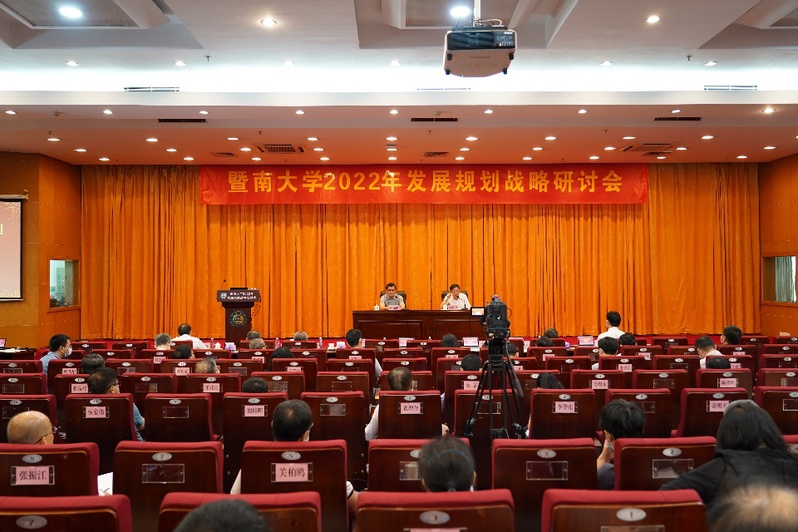
These are the key expressions of JNU's future development strategy and goals, based on JNU practice and public opinion.
1. Guidance From the Communist Party of China
JNU aims to strengthen education in the Party spirit and cultivate talents by both imparting knowledge to them and training their thinking, producing a synergistic effect on knowledge and values by adapting all kinds of courses to ideological and political theory.
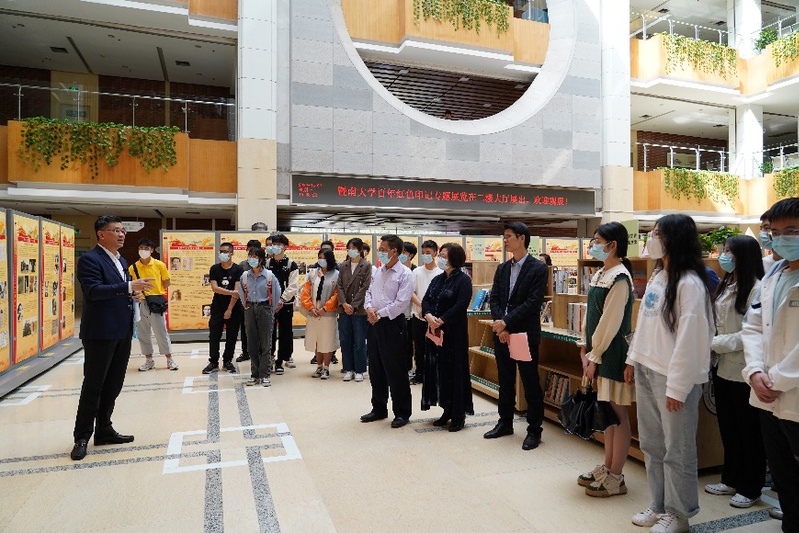
2. Talent Cultivation
JNU is committed to cultivating quality and innovative talents with sound personalities, broad vision, and strong expertise and sense of social responsibility. It aims to cultivate mainland students to be builders and successors in the socialist cause with comprehensive development of morality, intellect, physical fitness and aesthetics. It also means to cultivate students from Hong Kong, Macao, Taiwan and overseas into staunch patriots who support “one country, two systems” and contribute to the long-term prosperity and stability of Hong Kong and Macao, and the peaceful reunification of the motherland. In short, JNU has committed itself to cultivating Chinese and overseas Chinese students into cultural ambassadors who love and support China.
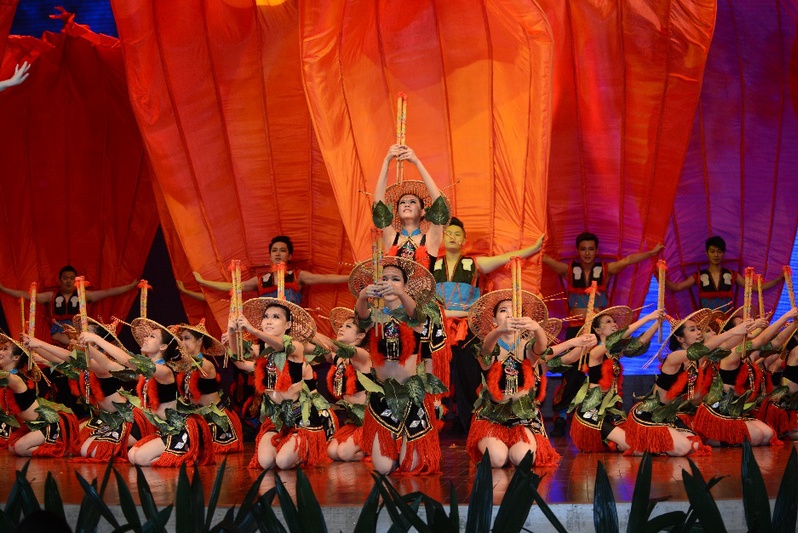
3. Discipline Construction
JNU is to support the traditional competitive undergraduate majors to accelerate the upgrade of basic disciplines and build majors with obvious characteristics and strength. It is also determined to focus on building relevant majors in line with the Belt and Road Initiative and the Guangdong-Hong Kong-Macao Greater Bay Area Initiative. Furthermore, JNU is to take the initiative in constructing new majors in engineering, medicine and the liberal arts majors to promote the combination of medicine and health with science, engineering and literature, promoting interdisciplinary development.
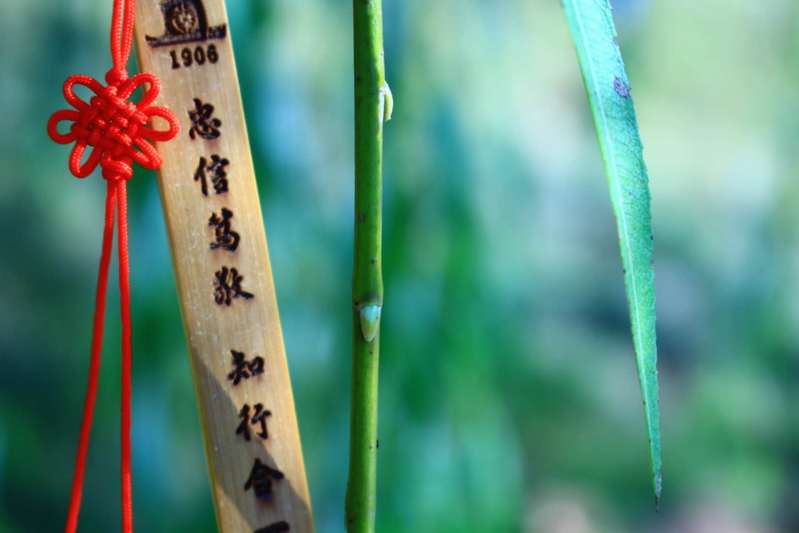
4. Faculty System
JNU supports teachers in nurturing students by enlightening their minds and hearts, cultivating their souls, guiding their growth, and being models for students to learn, to do and to be. It also plans to build a faculty development system that will comprehensively enhance JNU's competence.
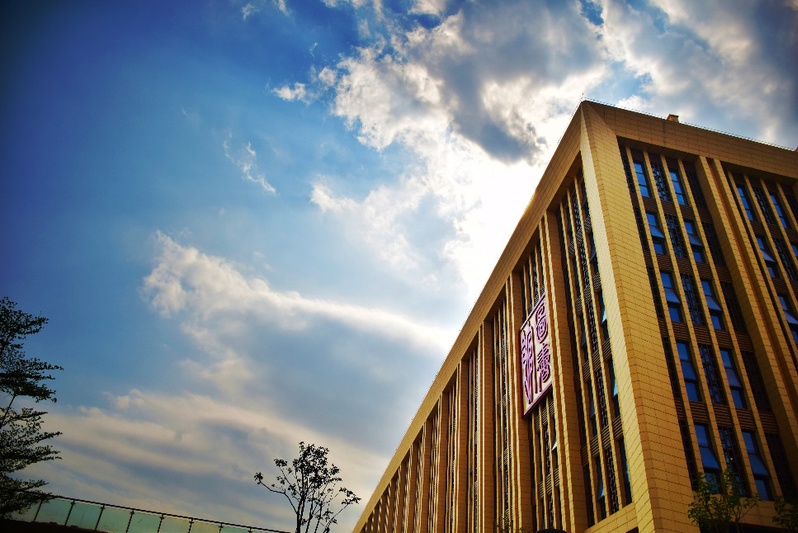
5. Social Service
JNU will continue to focus on the integration of industry, education and research in new ways, and build a new mechanism of collaborative education. It is building teaching laboratories and demonstration centers by introducing external resources and joint efforts with enterprises and research institutes. It also plans to build practical teaching bases for integrating industry, education and research with large and medium-sized enterprises and research institutes.
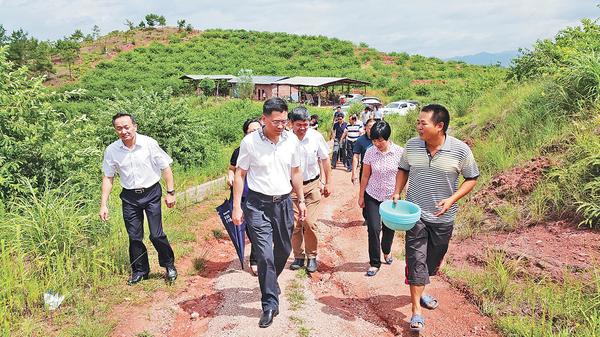
6. Administrative Service
JNU will continue to modernize with Chinese characteristics, further streamline its administration, delegate powers, improve regulation and strengthen services, accelerating the construction of the modern university system and improving its internal governance.
7. Multi-Campus Construction
JNU plans to promote differentiated and characteristic academic distribution among its five campuses and explore a model for multi-campus collaborative development.
8. International Cooperation
JNU is committed to telling the story of China, promoting Chinese academics abroad and further enhancing their international standing. It also promotes the Belt and Road Initiative and is building itself into a distinctive overseas international university.
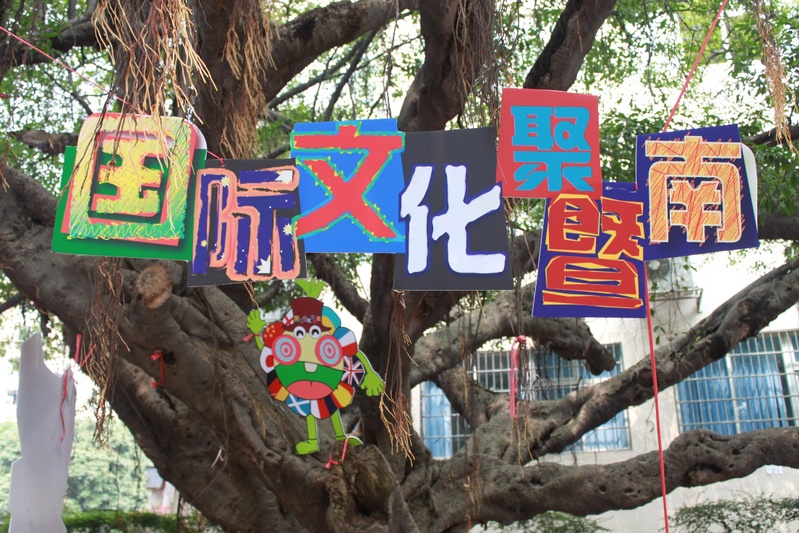
9. Cultural Inheritance and Innovation
JNU highlights its characteristics as a university for overseas Chinese, passes on cultural DNA and is building a repository for cultural identity. In this way it is establishing a closed-loop collaborative cultural education system, from freshmen orientation to graduation ceremony, in the form of cultural immersion, experience and inheritance. In this way, , JNU can innovate an education system integrated with national conditions.
NEWS
- About the University
- Quick Links
Copyright © 2016 Jinan University. All Rights Reserved.




